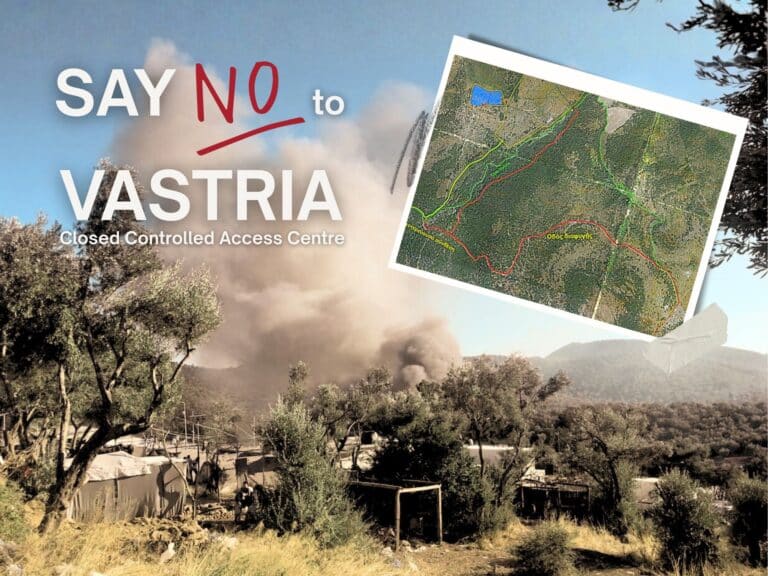CPTnet
1 August 2013
JONESBOROUGH,TN
REFLECTION: Activism, War, and the Military-Industrial Complex
By name withheld
[Note: Names have been withheld because two of CPT’s
Depleted Uranium (DU) delegation partners had their tires slashed or punctured while
the delegation was in the Jonesborough area.]
Working for a
worthy cause, forming relationships with people with common convictions, and experiencing
occasional large or small victories is a fine life. But I am an activist not only because I support causes
passionately, but sometimes, because I feel driven to oppose wrongs that have
ugly, tragic consequences.
I had come to
Jonesborough, Tennessee as part of the third Christian Peacemaker Teams delegation
to that town. The first two had
collected soil and water samples and sent them for scientific analysis. The
results clearly showed that Aerojet Ordnance Tennessee, a munitions
manufacturer, was polluting the soil and water with uranium. Our delegation was there in alliance
with the local Appalachian Peace Education Center, to acquaint the locals with
the results. We also wanted to let
them know the tragic effects uranium weapons are having around the world. Tuesday, 16 July
was one of the days when I came face to face with the consequences of war, what
I am here opposing. That morning,
I met a former Aerojet Ordnance Tennessee (AOT) employee. Convinced that AOT was damaging his
health, he became involved in an unsafe working conditions strike. AOT terminated him.
I met a clinical
psychologist who works with veterans who have been through close combat and
special operations. She spoke of
how they were changed into efficient killing machines and how, after returning,
they didn’t fit in with society. The
violence they had seen or perpetrated manifested in violence against others and
themselves, including twenty-two suicides per day. The psychologist’s job is to deprogram them. Their Post Traumatic Stress Disorder
will never be healed; the psychologist only helps veterans manage their
symptoms well enough to function in society. She said the only way to cure PTSD is to eliminate war.
Then I met a
young woman who was married to an engineer at AOT. Once, when she was meeting him at the plant, she used a
restroom. When she emerged, her husband told her that the restroom was “dirty,”
meaning radioactive. Soon, she was
getting sick more often. Before
long, a doctor diagnosed her with Common Variable Autoimmune Deficiency. Every Thursday, she, and her daughter,
who received the same diagnosis, receive infusions of expensive Immunoglobulin
G. The mother’s life expectancy
has been shortened considerably. She didn’t mention her daughter’s life
expectancy.
The horrors of
war are diverse. While affiliated with North Texas for Justice and Peace, the
Crawford Peace House, Camp Casey, and the Peace Farm, I worked with the mother
who came to Texas to ask President Bush for what noble cause her son died in
Iraq and heard the tragic stories of the mothers, fathers, and siblings who
joined her. I have met soldiers,
who chose prison over having to return to Iraq and kill, and the one who chose
legal asylum in a Canadian church over prison. These stories from Iraq and from Jonesborough give me a new
determination to fight the military-industrial complex.


